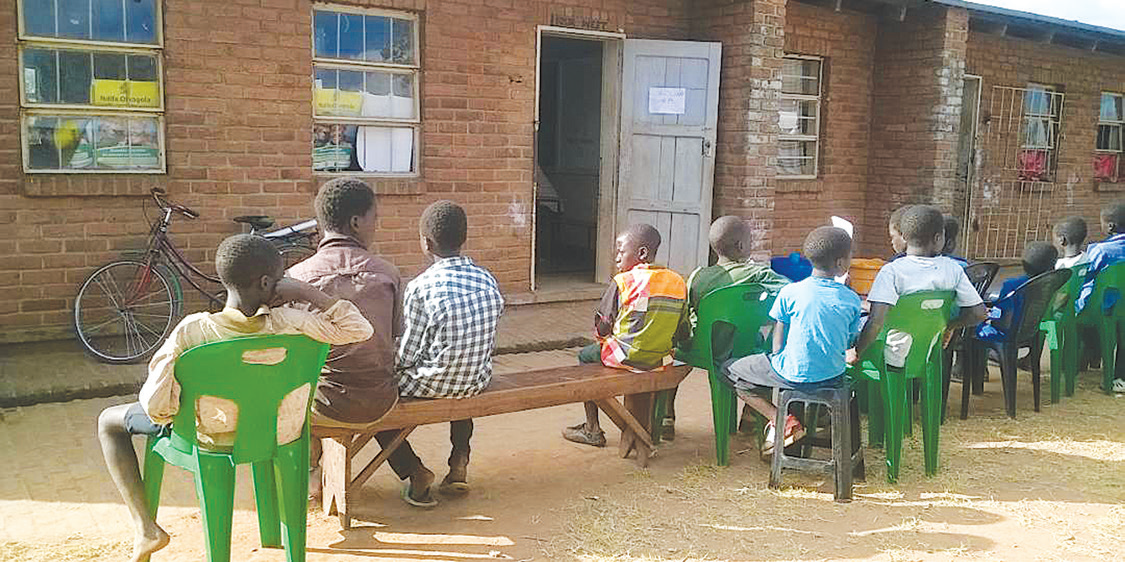Unicef in drive to support learners’ safe return
The United Nations Children’s Fund (Unicef) has unveiled a Back-to-School (B2S) campaign to support about 200 000 learners returning to school after a five-week break in districts affected by Tropical Cyclone Freddy.
The campaign launched yesterday in collaboration with the Ministry of Education and partners, targets students in 250 schools in nine districts heavily impacted by the disaster.

The campaign seeks to provide additional temporary learning spaces and school supplies and supporting infection prevention and child protection services in the schools as learners resume learning this week.
In a statement released af ter launching the campaign at Nkanda Primar y School in Mulanje, Unicef country representative Gianfranco Rotigliano said the launch gives an opportunity for partners to safeguard the rights of children to education and a safe learning environment by ensuring that all affected schools are ready and equipped to deliver quality education.
“The coordination of national authorities, partners and communities is key to ensuring every child learns even amidst difficulties caused by disasters,” he said.
Among others, Unicef has established temporary learning spaces and distributed supplies which allow children to go back to schools, reaching 150 schools in Chikwawa, Nsanje , Phalombe, Mulanje, Zomba and Blantyre districts in the first phase.
The second phase will cover the remaining 100 schools and scale up the campaign to Machinga, Thyolo and Chiradzulu districts, according to Unicef.
“The B2S Campaign is gender-responsive, meeting specific and gendered needs of adolescent girls, including the provision of sanitary pads and prevention of sexual exploitation and abuse,” reads the statement in part.
The launch of the B2S Campaign was made possible with financial assistance from the Swedish International Development Cooperation Agency.
According to Unicef, at least 624 schools were affected, 408 of which hosted internally displaced persons, limiting access to learning for around 725 000 learners.
On March 12, the government ordered the closure of schools in 10 districts amid safety concerns in the wake of deadly Cyclone Freddy.
All this is happening as learners are preparing for Primary School Leaving Certificate of Education examinations, expected to run from May 10 to May 12, followed by Junior Certificate of Education from May 30 to June 8 and later Malawi School Certificate of Education examination from June 27 to July 21.
Earlier, education experts faulted the government’s decision to close schools in the Southern Region, saying it will disadvantage affected learners.
Edukans country director Limbani Nsapato observed that suspending classes in the Southern Region and leaving others would affect the performance of learners.
However, the ministry made some provisions for the Malawi National Examinations Board (Maneb) candidates which included allowing them to go back to school on March 27 to continue with the studies throughout the second term holiday, e-learning as well as radio programmes.





